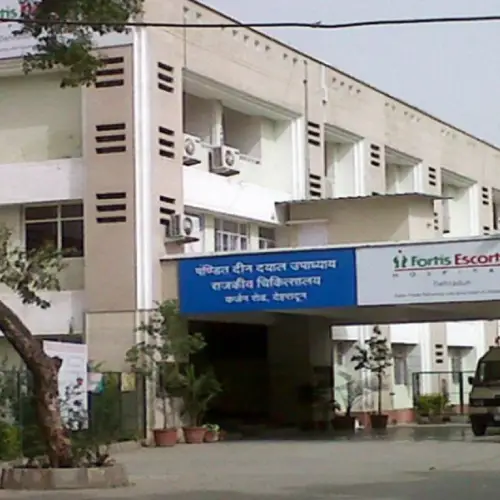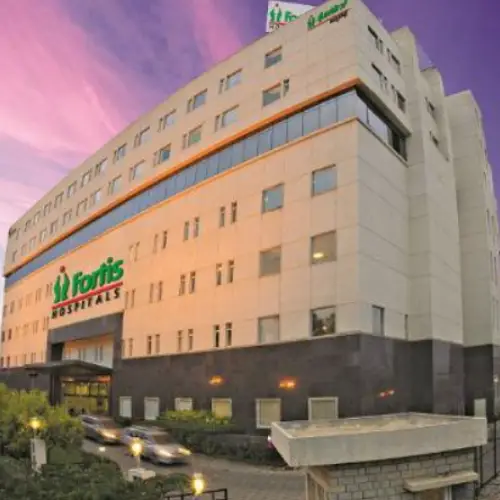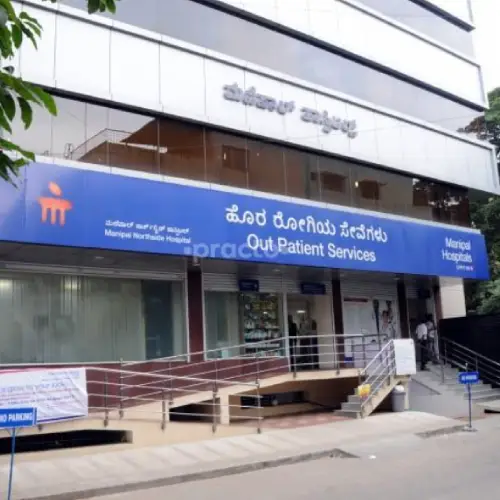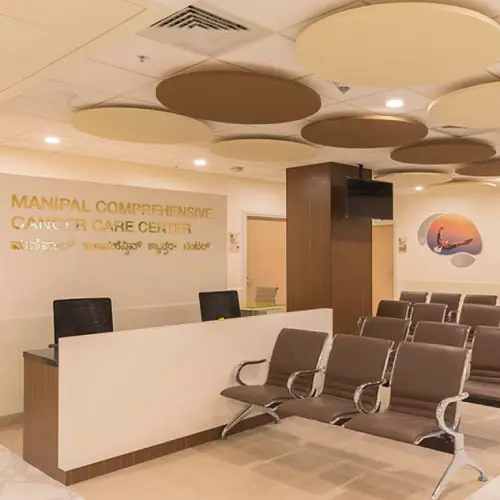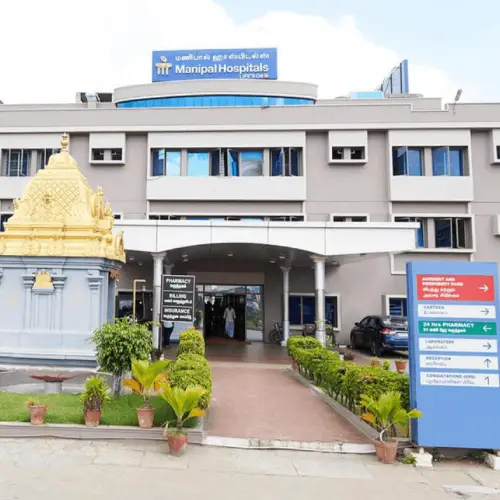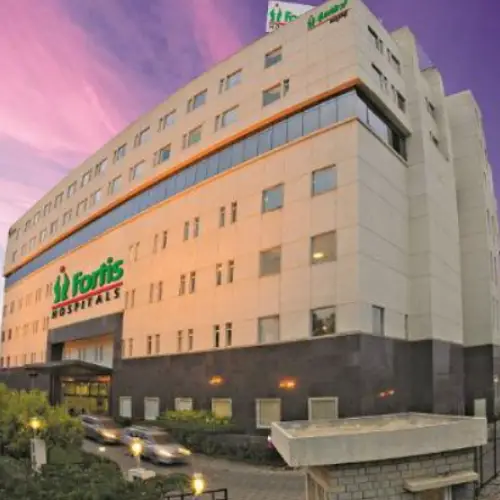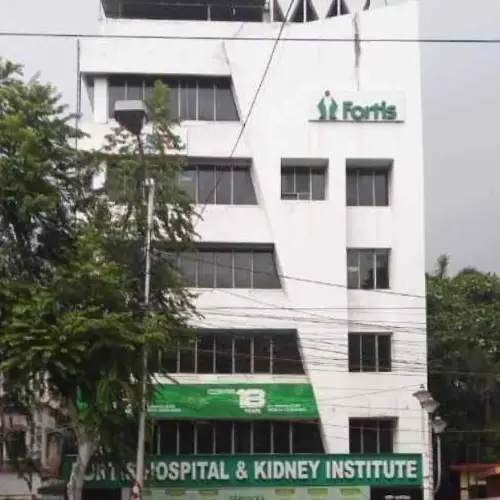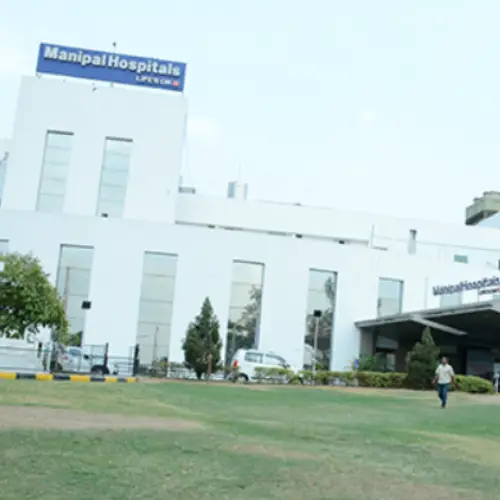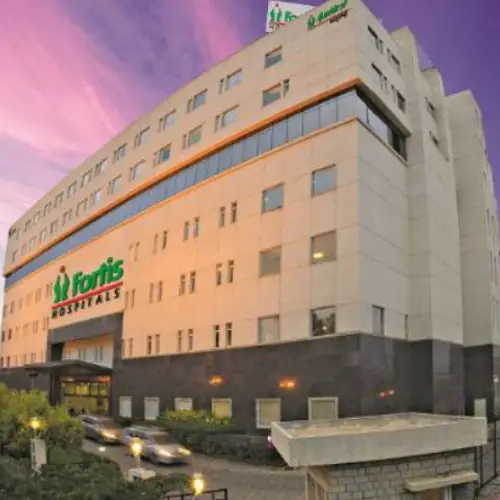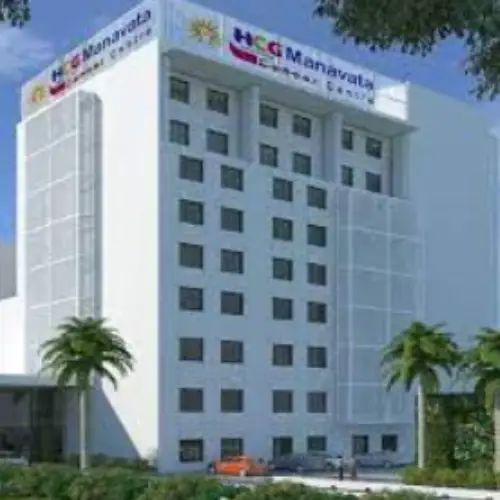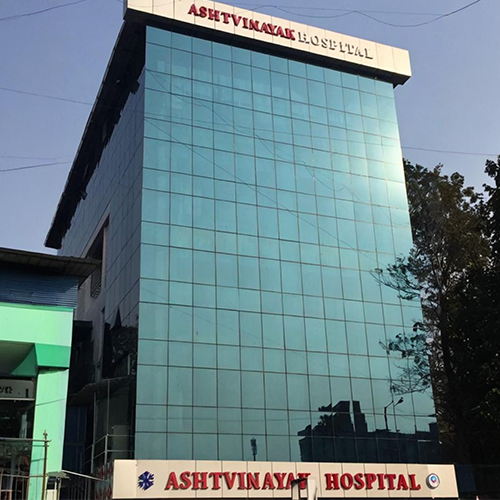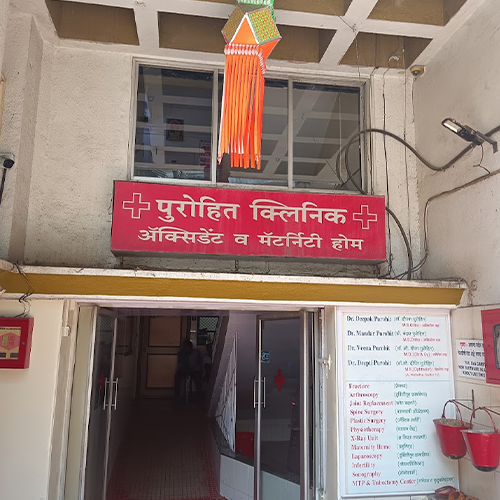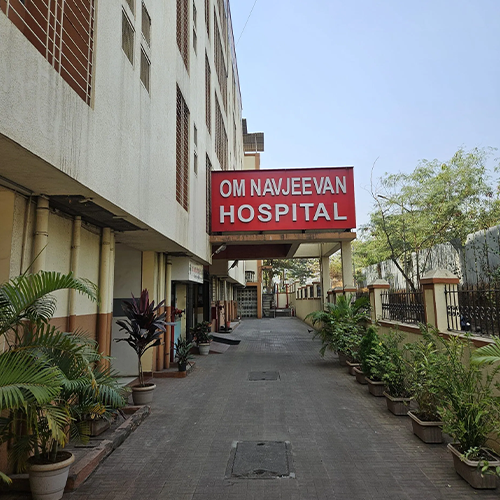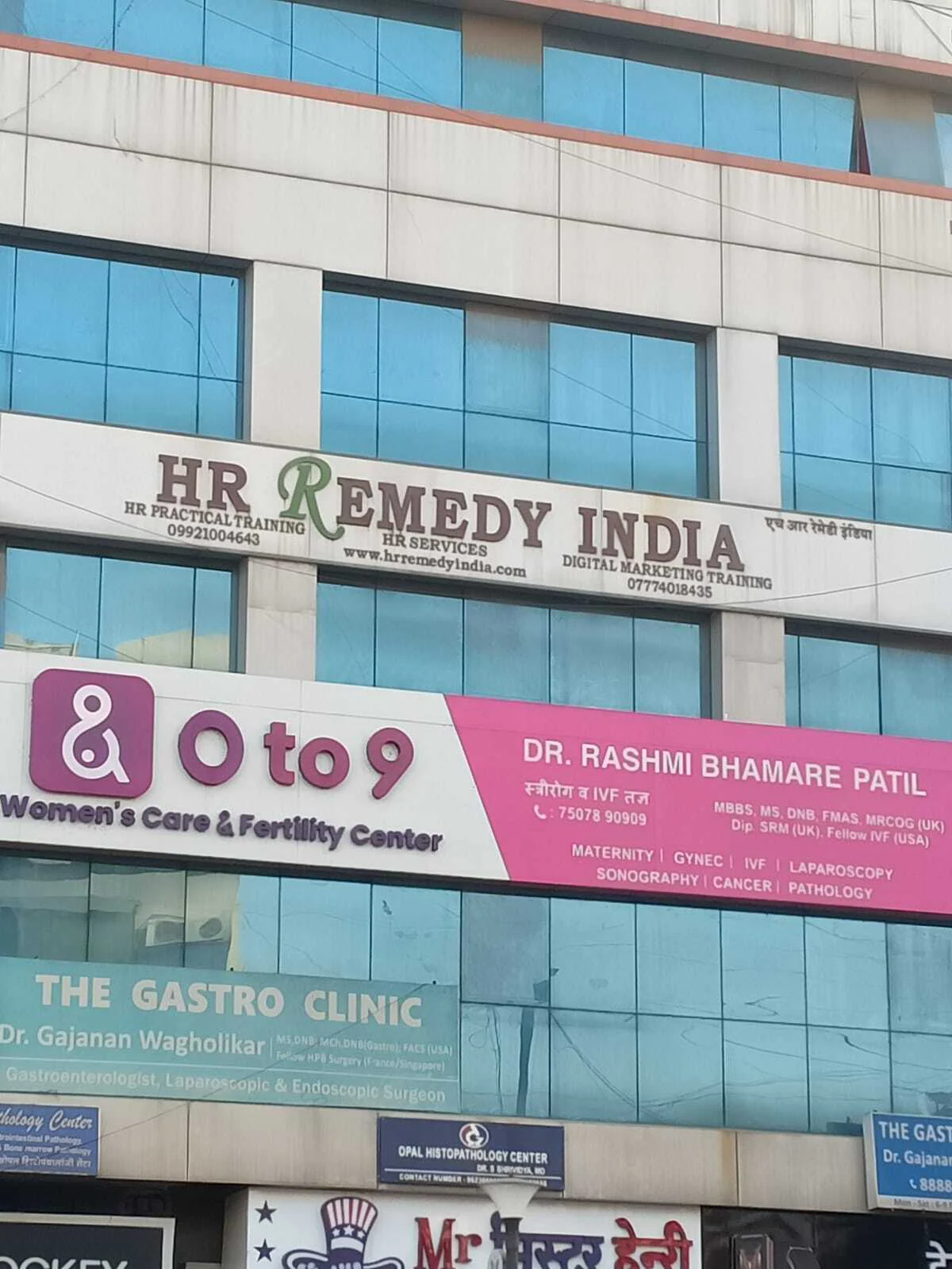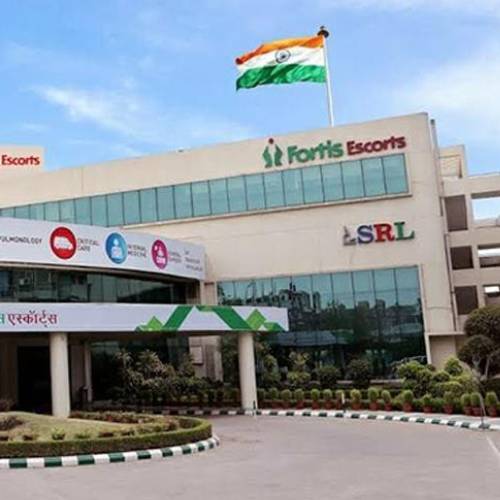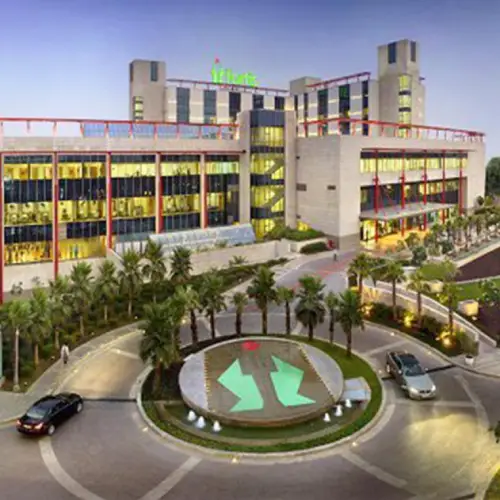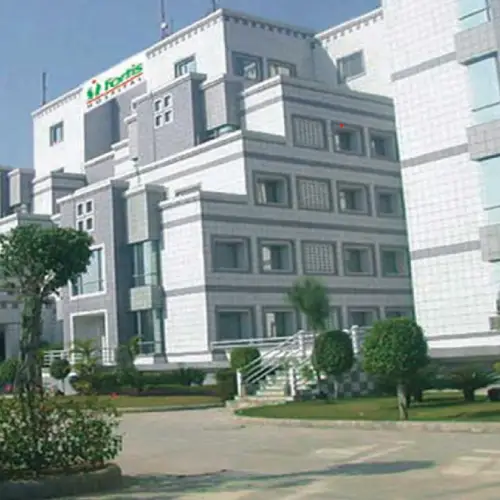IVF Treatment
What is Infertility?
Infertility is a condition affecting the reproductive system, where a couple fails to achieve pregnancy after 12 months or more of regular, unprotected intercourse. It can occur due to complications in either partner. Infertility is classified into two types:
Primary Infertility – When a couple has never been able to conceive.
Secondary Infertility – When a couple, after conceiving once, is unable to do so again.
Globally, up to 15% of reproductive-aged couples experience infertility. Both men and women can face this challenge, with various underlying causes.
Infertility Treatment
Infertility treatments aim to assist couples struggling to conceive through medical intervention, commonly referred to as Assisted Reproductive Technology (ART). Treatments include medications and advanced medical procedures to overcome infertility issues. Fertility treatments are becoming increasingly popular as more couples turn to modern science for help.
Causes of Infertility
Infertility can arise due to issues in either partner. Common causes include:
Sperm abnormalities
Ovulation disorders
Fallopian tube blockages
Age-related factors
Unexplained infertility
Common Infertility Treatments
Intrauterine Insemination (IUI) – Involves placing sperm directly into the uterus around the time of ovulation to enhance the chance of fertilization.
In Vitro Fertilization (IVF) – Eggs are retrieved from the ovaries and fertilized with sperm in a lab. The resulting embryos are then implanted in the uterus.
Intracytoplasmic Sperm Injection (ICSI) – A single sperm is injected into an egg to assist fertilization, often used alongside IVF.
IVF with Egg or Sperm Donation – When a couple’s own eggs or sperm are not viable, donor eggs or sperm can be used to facilitate conception.
Laser-Assisted Hatching – A technique to help the embryo break through its protective outer shell, enhancing the chances of successful implantation in the uterus.
Advanced Techniques
Testicular Biopsy with ICSI – For men with very low sperm counts, sperm can be extracted directly from the testicle and used for fertilization through ICSI.
IVF + ICSI with Optical Spindle View – A method using advanced technology to better assess and select healthy embryos for implantation, increasing the success rate.
Managing Infertility
If pregnancy does not occur after a year of trying, both partners should undergo comprehensive medical evaluations. These include:
Blood tests to measure hormone levels.
Ovulation tracking through basal body temperature monitoring.
Imaging tests like ultrasounds, hysterosalpingography (HSG), and laparoscopy to examine reproductive organs.
For men, tests may include semen analysis and hormone tests like FSH (Follicle Stimulating Hormone), LH (Luteinizing Hormone), and testosterone levels.
Diagnostic Procedures
HSG (Hysterosalpingography) – An X-ray to assess the uterus and fallopian tubes.
Transvaginal Ultrasound – To detect abnormalities in the uterus and ovaries.
Laparoscopy and Hysteroscopy – To visually inspect the uterus and abdominal cavity for any issues.
Cost of Infertility Treatments in India
Infertility treatments in India can be more affordable compared to other countries, with success rates of around 25 to 30%, depending on the individual case. MediConnect India can assist in arranging free consultations with experts at leading hospitals to guide you through the process and ensure the best treatment for your needs.
Best Hospitals for IVF Treatment
Fill this form to get a free quote from best hospitals in India.


At MediTours India, we stand as a distinguished leader in the realm of medical tourism, dedicated to transforming your healthcare journey into a seamless and transformative experience. With a commitment to excellence and a focus on your well-being, we pave the way for a new era of medical travel.
Contact Us
Address : C603 Jalaram Park LBS Road. Bhandup West Mumbai -400078 Phone : +91 9820344697 Email : ajit@meditoursindia.in
Copyright by indiameditours 2023. All rights reserved.
